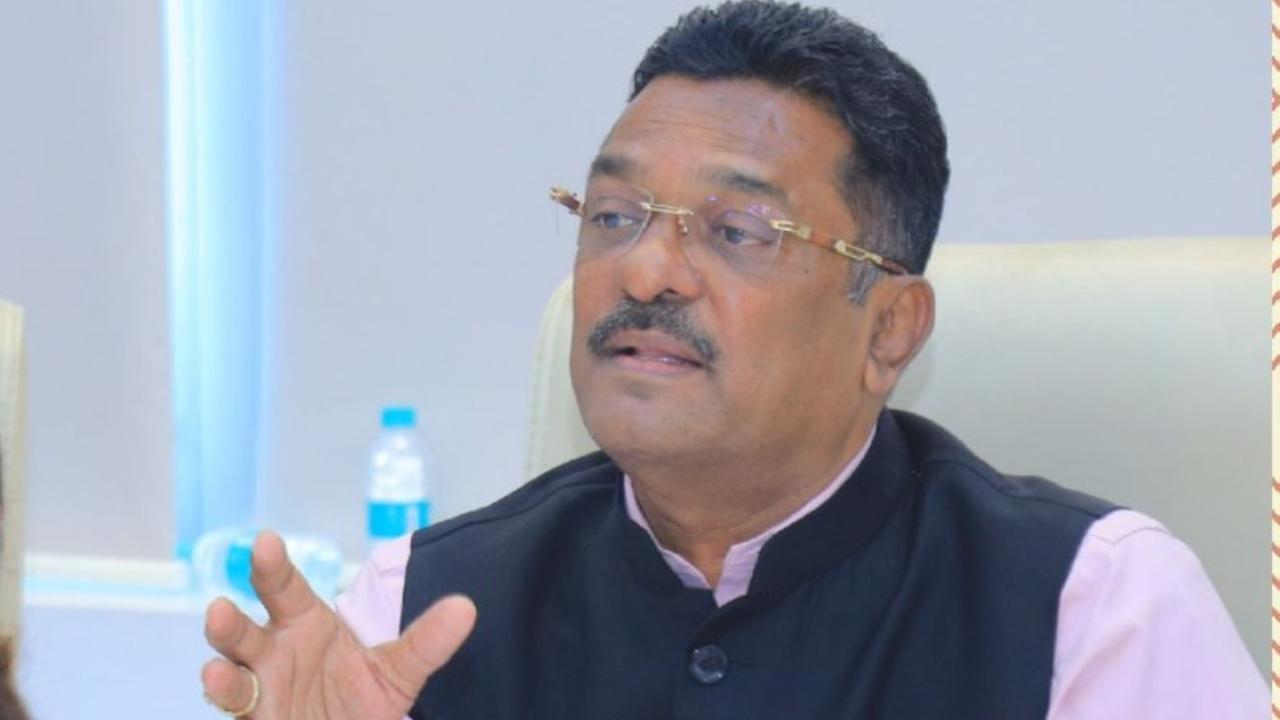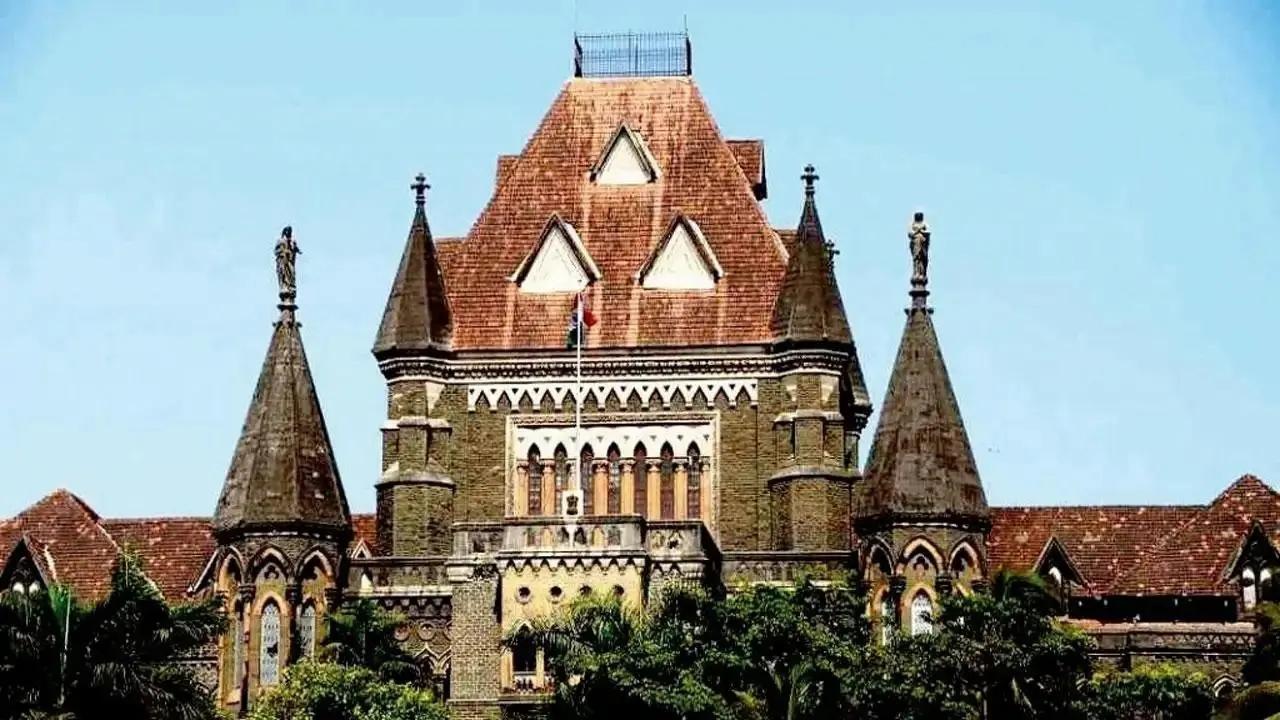In the drought and debt-stricken belt of Marathwada, dreams are withering as fast as dying crops.
Young men from farming families, who once aspired to don uniforms and serve the state, are now forced to return to their ancestral occupation, farming, after failing to secure government jobs.
Despite scoring competitively in police recruitment exams, several candidates from the open category missed the cut by a narrow margin, while reserved-category candidates with lower scores were selected.
The harsh realities of agrarian life continue to haunt these families. Farmer suicides have become an annual tragedy in the region, with three to four cases reported every year, primarily due to mounting debt and crop failures. This year too, torrential rains destroyed standing crops, and with no crop insurance in place, farmers find themselves staring at another cycle of loss and helplessness.
Crops that were damaged due to heavy rains in Khandala village
Hard work, no reward
Akash Amburde, 27, a postgraduate in science, hails from Waka village in Loha taluka of Nanded.
“I have been temporarily attached to the Maharashtra State Security Corporation for the last five months and earn approximately R25,000 per month. I managed to enter the force under the open category through sheer hard work. However, those entering under the reserved category not only find it easier to get in but also receive comparatively higher emoluments,” he said.
Akash added, “This is why we are demanding a reservation. In Marathwada, educated youths are either unemployed or forced into farming or menial jobs. Government jobs and educational concessions are beyond our reach. I completed my MSc by paying full fees, something many families here simply cannot afford due to their poor financial condition.”
Missed police recruitment
Ajit Amburde, 26, Akash’s cousin, said, “I’ve only completed my SSC, but there are many youngsters in our village who’ve done their graduation and even post-graduation. Despite scoring well, they can’t get government jobs because of the relaxations given to reserved categories. This is why the Maratha community needs reservation — for a fair shot at securing a happy future.”
He added that both Akash and another youth, Gulab Hamburde, 24, a graduate in Arts, had appeared for the state police recruitment exam under the open category in 2024.
“They scored well in the written test but were not selected. Both missed the cut-off by a few marks. Meanwhile, a candidate who scored less than them was
selected simply because he belonged to a reserved category,” Ajit said.
The only option left
Venkat Hamburde, 36, a soya bean farmer from Waka and a participant in the ongoing protest, shared his distress: “We are left with no option but to depend on farming. Most of the educated yet unemployed youth are forced to take up agriculture, which doesn’t bring any income. Nearly every farmer here is in debt. We grow soya bean, cotton, tur, etc, but it’s barely sustainable.”
He continued, “Farmer suicides are common here. Every year, three to four farmers take their own lives due to financial pressure. This year too, due to incessant rains, our crops have been completely destroyed. And we don’t even have crop insurance.”
Asked to elaborate, he added, “Heavy rain over the past few weeks has wiped out our crops. Despite tall promises from those in power, we receive no real help. Neither our MLA nor MP has visited us or inquired about our condition. Reservation is not just a demand — it’s our only hope to protect the future generation.”
Rain created havoc
Satish Shinde, 35, who hails from Khandala, Latur district, is a postgraduate with an MSc in Computer Science. “I had tried appearing for MPSC. My roommates, who belonged to Other Backward Classes and Scheduled Castes, have not only cleared the examinations but have also been recruited into government jobs. I was forced to continue with farming,” he said.
Asked why he did not take up a private job, Shinde said, “I would not have received a salary of more than R12,000, and I would have had to stay in Pune or other big cities.”
“In the last few days, heavy rainfall has completely damaged our soya bean crop. I already have a crop loan of R3 lakh, and with this crop loss, I am worried about how I will repay the loan, which attracts seven per cent yearly interest. The government had earlier stated that loans would be waived off, but it is yet
to happen in reality,” said Shinde.
“My son is in junior KG, and I pay Rs 20,000 yearly fees for him, whereas children from SC and OBC get free education. I have no option but to join the fight for Maratha reservation, or else my child will have no future,” he added.
3-4
No. of farmer suicide cases reported every year in Marathwada











